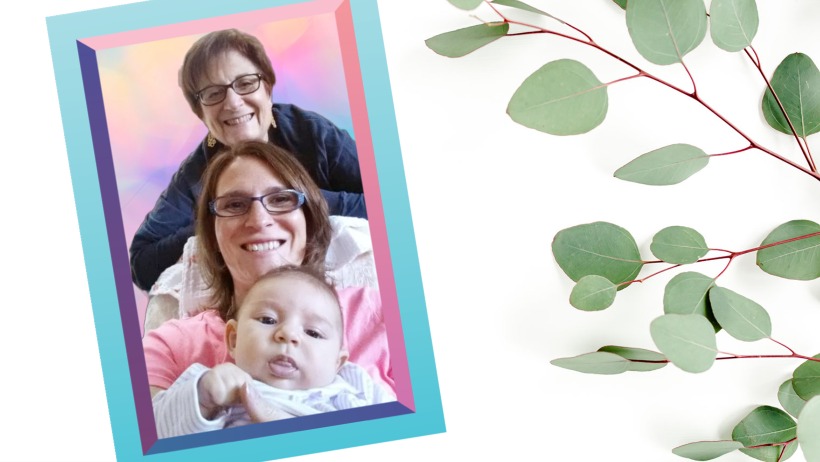I am the firstborn child in my family. I am married to a firstborn, my mother is a firstborn, and my daughter is my firstborn. What do we all have in common? We’ve all been asked at various moments in our lives to take care of our younger siblings. That, and we had much stricter rules about what we could and could not do compared to our younger siblings. As a firstborn child, I had to break my parents in. Having never been parents before, I was their “practice” child, like all first children are. They tested discipline strategies and bedtime routines; they learned so much about how to raise a tiny human by trying it all out on me.

When my sister was born, they finally had it down perfectly. Well, not really, but at least they had a basic idea. That’s how Duncan and I felt about our kids. With Shiri I was a nervous wreck about everything when she was an infant. I worried so much that I didn’t really fully enjoy much of that early parenting experience. The second time around, I sort of knew what to expect and was able to relax more. This is all to say there’s quite a bit of baggage that accompanies first children, and that’s evident in the Torah too.
This week we read Parshat Korach, the narrative detailing the revolt of Korach. Korach breaks apart the priesthood and prepares a revolt, while Datan and Aviram, two other troublemakers, begin a revolt of their own. Chaos breaks out in the camp, and those who don’t see a purpose to the fight pull away, which turns out to be solid decision making, as the earth opens up and swallows Korach and his followers.
While this fighting and frustration is happening, we also receive laws about how the nation will live and breathe day to day, including the honoring of the priests for their work on behalf of the people. In chapter 18 God details the list of all the gifts to be offered up to the priests. This list starts with the best wine and oil, followed by all the “firsts.” The priests are to be offered the first fruits of the trees, and even the firstborn from animals and humans, if it is a male. That’s right, firstborn males didn’t get to remain at home; they had to go straight to work.
Like in plenty of other instances, though, there’s a loophole. The Torah offers a ritual that can save the child from this labor and instead allow them to remain with their family. The offering is called Pidyon HaBen, the “redemption of the first born,” and it’s a Torah rite still observed today. The ceremony takes place on the 31st day of the firstborn male child’s life in which they offer the cohen, the priest, a monetary sum (usually special coins) in exchange for the honor of keeping their child at home.
Why have we kept this seemingly ridiculous ritual? Perhaps less than a financial necessity, it’s to mark the moment a parent fully recognizes the responsibility and honor of being a parent. In this ritual the monetary amount paid to the priest to keep the child is actually extremely small because of the preciousness of parenthood. Raising a child is certainly costly, but as parents know, being a parent is not about the expense, but the gift of love, learning, and growth of experiencing many firsts together.
– Rabbi Eve Posen
Source: You First – Parshat Korach 5782



